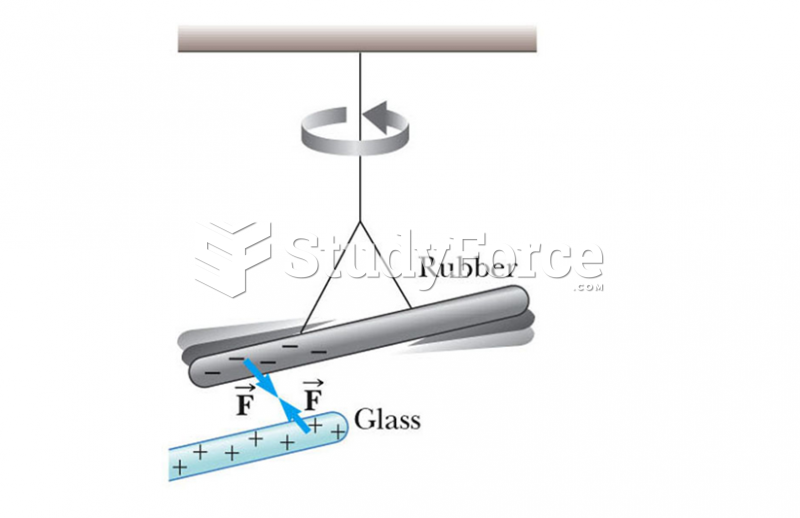|
|
|
IgA antibodies protect body surfaces exposed to outside foreign substances. IgG antibodies are found in all body fluids. IgM antibodies are the first type of antibody made in response to an infection. IgE antibody levels are often high in people with allergies. IgD antibodies are found in tissues lining the abdomen and chest.
Illicit drug use costs the United States approximately $181 billion every year.
It is difficult to obtain enough calcium without consuming milk or other dairy foods.
After a vasectomy, it takes about 12 ejaculations to clear out sperm that were already beyond the blocked area.
Allergies play a major part in the health of children. The most prevalent childhood allergies are milk, egg, soy, wheat, peanuts, tree nuts, and seafood.







